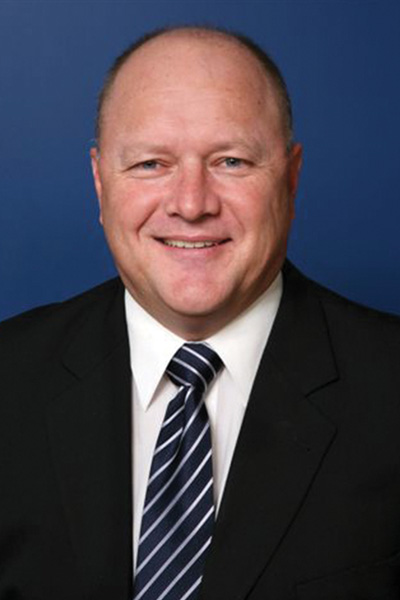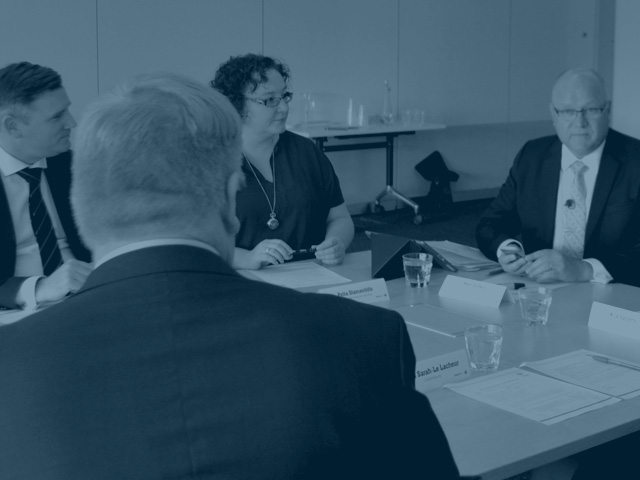
Managing Editor – Peter Sobels
Claims
There seems to be little disagreement anywhere within the life insurance industry that it can do a better job when it comes to dealing with claims.
I’m not advocating that life companies need to pay more claims, although the argument has been raised several times recently about balancing an insurer’s moral, ‘in good faith’ obligations with the literal interpretation of the policy wording which would otherwise deny the claim.
What I’m advocating is making the process itself easier and so much less stressful for the claimant. This isn’t a huge statement. Everyone in the industry wants to see the process made easier for the claimant.
Steps are being taken. For example, there is a genuine intent from insurers to embrace the ‘return to wellness’ mantra over the traditional ‘return to work’ approach. Cynics may hold that ‘return to wellness’ is the same thing as ‘return to work’, but simply couched in cuddlier language. The actions of a growing number of life companies, however, and the passion with which they embrace this new perspective tells me it’s genuine. This culture of the return to wellness approach seems to better lend itself to the insurer being perceived as more empathetic to their claimant customers. Like so many issues, perception eventually becomes the reality.
There are also steps being taken that will see better use of technology. Surely there doesn’t need to exist, in this day and age, the volume of hard copy forms that claimants and medical professionals must endure. Elsewhere in this edition, award-winning adviser, Peita Diamantidis sums up this point beautifully. As a panellist on our CommInsure Claims Round Table discussion, Peita’s simple plea was this: “Why is there any paperwork? Why isn’t it all electronic?” I don’t know, Peita, but there are indicators that CommInsure and other life companies are taking steps to genuinely address this antiquated hard copy process.
There is also an emerging trend that will see new third party advocacy services for the claimant. These services are being launched by former claims staff and management, by risk-focused advice practices and also by risk-focused licensees. This can only be a good thing for the claimant, who will benefit from having an experienced hand to hold as they navigate what is still a confronting, often impersonal and highly-stressful experience.
The practice of underwriting direct insurance policies at claim time is having the heat applied to it at the moment, and rightly so. Surely there’s a better way to serve the consumer who prefers the more simple ‘tick the box’ direct insurance experience – to provide them with certainty that they are actually covered for the events for which they pay their premiums. Addressing this issue will go a long way towards the industry earning back the public trust.
It’s not likely things will get better overnight when it comes to improving the claims process and earning back that public trust, but it seems the industry is definitely heading in the right direction in facing up to its shortcomings and doing something about it.

Peter Sobels
We’d like your feedback on our digital magazine format
Share your comments below or send us an email.
 CommInsure Claims Round TableRiskinfo joined forces with CommInsure to conduct a recent Round Table conversation during which a broad spectrum of claims-related issues was discussed… (Visited 2,000 times, 1 visits today) Read More
CommInsure Claims Round TableRiskinfo joined forces with CommInsure to conduct a recent Round Table conversation during which a broad spectrum of claims-related issues was discussed… (Visited 2,000 times, 1 visits today) Read More Insurers Prepare For Countdown to LIFWhile advisers have been the main focus of attention in the countdown to the start of the Life Insurance Framework, life insurers have also been required to make changes to […] Read More
Insurers Prepare For Countdown to LIFWhile advisers have been the main focus of attention in the countdown to the start of the Life Insurance Framework, life insurers have also been required to make changes to […] Read More








